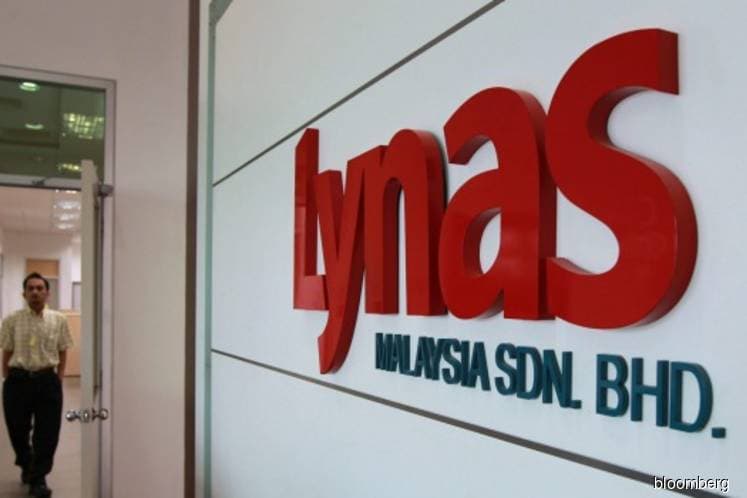
This article first appeared in The Edge Financial Daily on May 8, 2019
KUALA LUMPUR: Lynas Malaysia Sdn Bhd is refuting claims that the Western Australian government’s ban on the import of mine waste applies only to the mining company.
In a statement yesterday, Lynas managing director and vice president Datuk Mashal Ahmad said that media reports on the issue were inaccurate. “It is incorrect to suggest that the Western Australian government’s decision is related to Lynas material only, or that Australia will not allow rare earth processing plants,” Mashal said.
In particular, Mashal cited a news report on Monday that alleged that the Western Australian government would not accept the import of Lynas’ water-leached purification (WLP) residue into the state, due to laws that prohibit the import of overseas mine waste.
He added that both Australia and Malaysia have similar prohibitions on the import of waste from raw materials that have undergone value-added processing abroad.
He also said the report noted that the Western Australian government was open to discussing a proposal for rare earths processing in the state.
“Lynas recently stated it is considering alternative cracking and leaching processing close to its mine in Western Australia, and the company has previously received approval to process its material in Australia,” he added.
Lynas’ statement came after it was reported that Australia had rejected Putrajaya’s bid to send back radioactive waste from Lynas’ rare earth processing plant in Gebeng, Kuantan, following a statement by Western Australia’s Mines, Petroleum, Energy and Industrial Relations Minister Bill Johnston that Western Australia would not accept the waste back from overseas.
“Generally speaking, the best place for contaminated material is where it comes from, which in this case would be in the mine void, but we are not going to take mine waste back from overseas,” Johnston reportedly told The Australian.
The rare earth processed at Lynas’ facility in Gebeng — the Lynas Advanced Material Plant or LAMP — originates from Western Australia’s Mount Weld. The facility produces two kinds of waste, namely radioactive WLP residue and non-radioactive neutralisation underflow (NUF).
The ministry of energy, science, technology, environment and climate change (Mestecc) in December last year required that Lynas ship out its harmful waste from Malaysia, in particular WLP, as part of a precondition for the renewal of the mining company’s three–year storage licence for waste, which is up for renewal in September.
According to news reports, Lynas’ head office in Australia has previously indicated it would have trouble clearing its stockpile by September. Members of the Malaysian government have been divided on the issue — while some have agreed with Mestecc’s stand that Lynas ship out its wastes, others have criticised it over the precondition set, saying Lynas should be allowed to continue its operations in Malaysia given the significant amount of investments it has made here.
‘We can produce gypsum locally, why import?’
In a separate statement earlier yesterday, Lynas questioned why Malaysia is importing gypsum material, when one of the by-products its plant produces here, NUF, is a magnesium-rich synthetic gypsum that is non-radioactive, non-toxic, non-hazardous and chemically equivalent to the naturally produced gypsum.
Gypsum is used in several industries in products such as cement, plaster and fertilisers.
Last year, Malaysia imported over a million tonnes of gypsum at a cost of RM128 million, Mashal and Lynas’ radiation safety, regulations and compliance general manager Professor Ismail Bahari noted in the statement.
“Research and development has identified various applications for NUF and Lynas has been approached by companies in Malaysia regarding commercial use of the NUF material,” they said.
The company also quoted Universiti Putra Malaysia professor Dr Shamshuddin Jusop as saying that using the synthetic gypsum is a good soil ameliorant for low fertility soil.
“NUF can also be used commercially as a gypsum replacement in the construction industry. Using Lynas’ material would allow the Malaysian government to save millions in import costs,” said Shamshuddin.